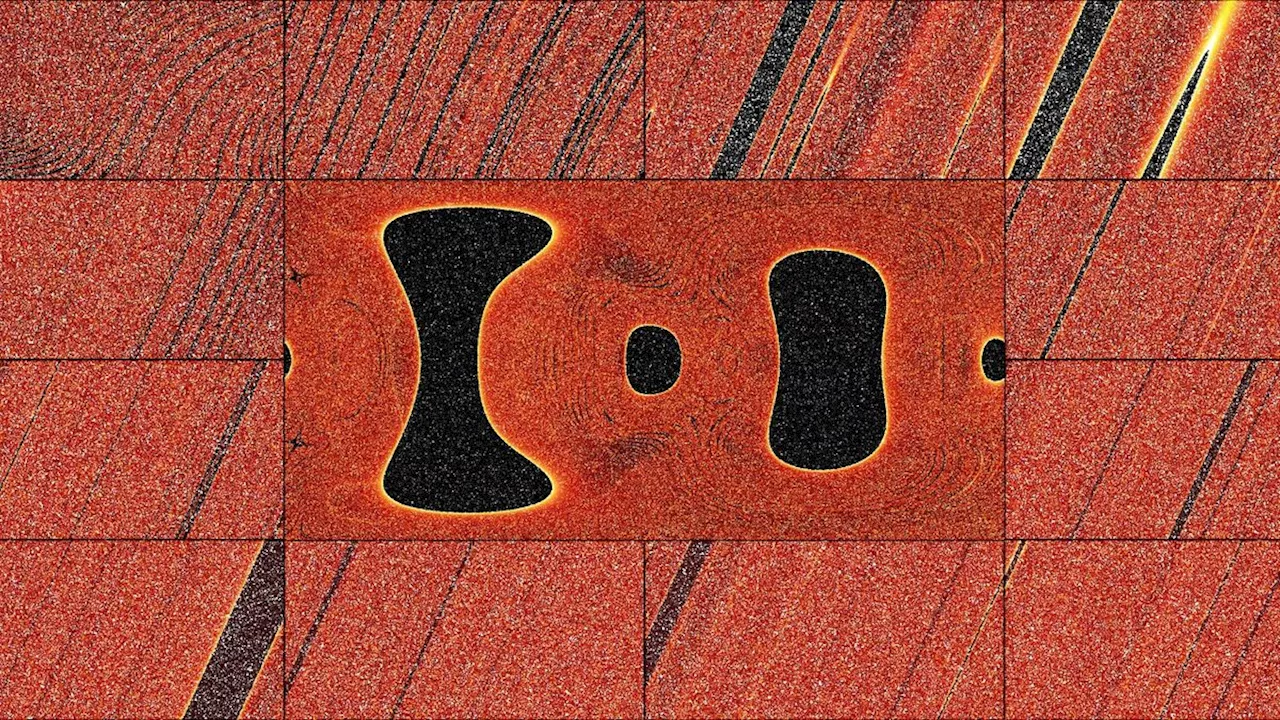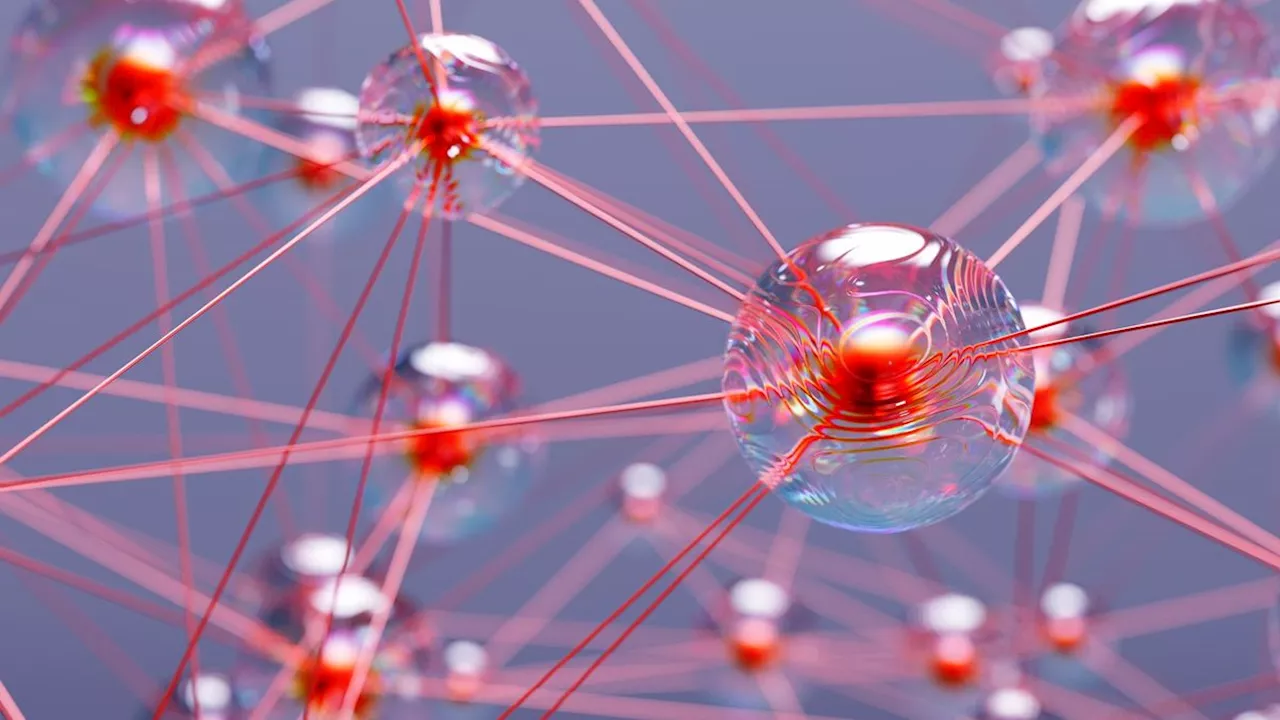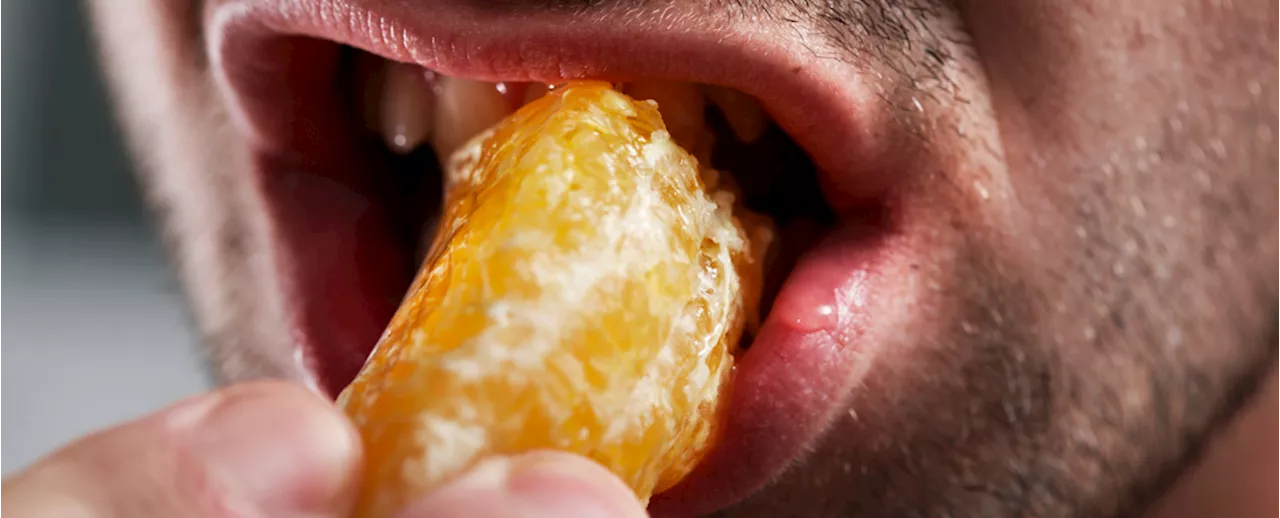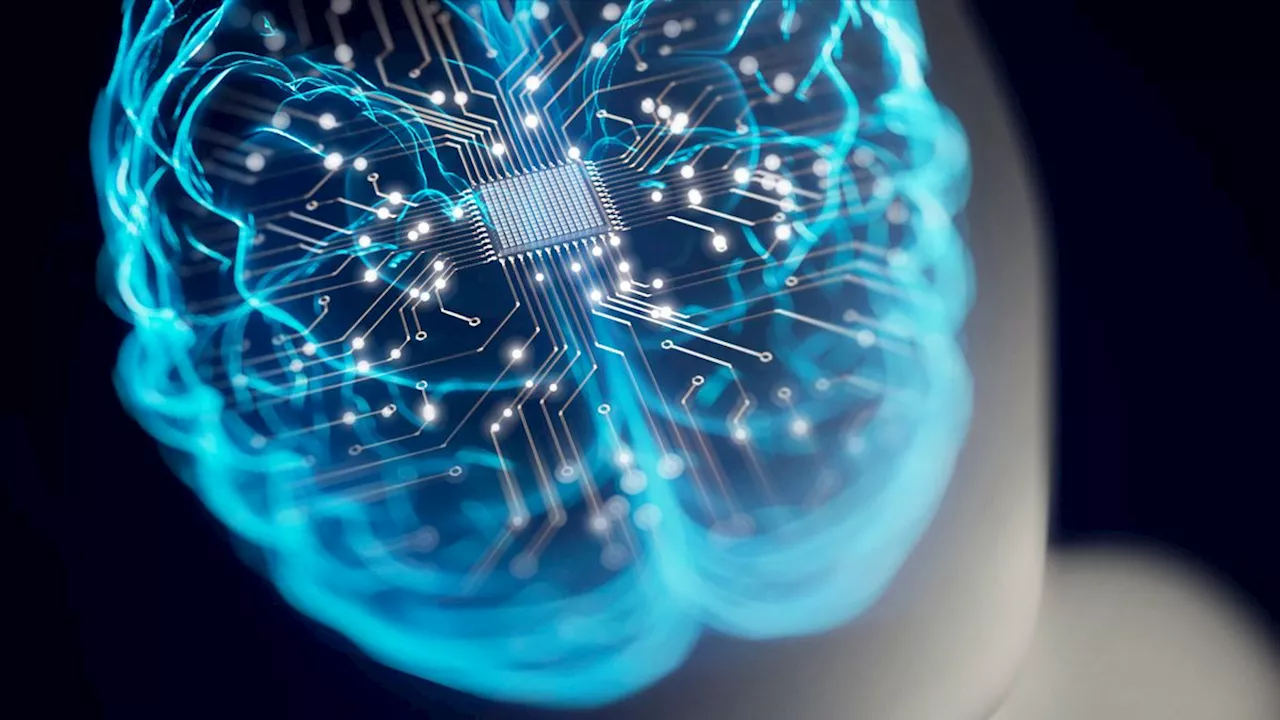Skyler Ware is a freelance science journalist covering chemistry, biology, paleontology and Earth science. She was a 2023 AAAS Mass Media Science and Engineering Fellow at Science News. Her work has also appeared in Science News Explores, ZME Science and Chembites, among others. Skyler has a Ph.D. in chemistry from Caltech.
By walking a tightrope between order and chaos, researchers could one day make computer chips work more like the human brain.
A computer chip operating at the edge of chaos sounds like it might break down at any moment. But many researchers have theorized that the human brain operates on a similar principle. Axons range from 0.04 inches to more than 3 feet in length. Transmitting an electrical signal across a wire of the same length leads to signal loss, caused by the resistance of the wire. Computer chip designers get around that issue by inserting amplifiers between shorter wires to boost the signal.
In the new study, scientists mimicked this self-amplifying behavior in a non-biological system. They first established edge-of-chaos conditions on a material called lanthanum cobaltite . When they applied the right current to the LaCoO3, small fluctuations in the resulting voltage were amplified. The team then tested the conditions on a wire in contact with a sheet of LaCoO3.
United States Latest News, United States Headlines
Similar News:You can also read news stories similar to this one that we have collected from other news sources.
 Scientists have built an AI-powered 'electronic tongue'Skyler Ware is a freelance science journalist covering chemistry, biology, paleontology and Earth science. She was a 2023 AAAS Mass Media Science and Engineering Fellow at Science News. Her work has also appeared in Science News Explores, ZME Science and Chembites, among others. Skyler has a Ph.D. in chemistry from Caltech.
Scientists have built an AI-powered 'electronic tongue'Skyler Ware is a freelance science journalist covering chemistry, biology, paleontology and Earth science. She was a 2023 AAAS Mass Media Science and Engineering Fellow at Science News. Her work has also appeared in Science News Explores, ZME Science and Chembites, among others. Skyler has a Ph.D. in chemistry from Caltech.
Read more »
 The '3-body problem' may not be so chaotic after all, new study suggestsSkyler Ware is a freelance science journalist covering chemistry, biology, paleontology and Earth science. She was a 2023 AAAS Mass Media Science and Engineering Fellow at Science News. Her work has also appeared in Science News Explores, ZME Science and Chembites, among others. Skyler has a Ph.D. in chemistry from Caltech.
The '3-body problem' may not be so chaotic after all, new study suggestsSkyler Ware is a freelance science journalist covering chemistry, biology, paleontology and Earth science. She was a 2023 AAAS Mass Media Science and Engineering Fellow at Science News. Her work has also appeared in Science News Explores, ZME Science and Chembites, among others. Skyler has a Ph.D. in chemistry from Caltech.
Read more »
 Chemists broke a 100-year-old rule to make extremely unstable moleculesSkyler Ware is a freelance science journalist covering chemistry, biology, paleontology and Earth science. She was a 2023 AAAS Mass Media Science and Engineering Fellow at Science News. Her work has also appeared in Science News Explores, ZME Science and Chembites, among others. Skyler has a Ph.D. in chemistry from Caltech.
Chemists broke a 100-year-old rule to make extremely unstable moleculesSkyler Ware is a freelance science journalist covering chemistry, biology, paleontology and Earth science. She was a 2023 AAAS Mass Media Science and Engineering Fellow at Science News. Her work has also appeared in Science News Explores, ZME Science and Chembites, among others. Skyler has a Ph.D. in chemistry from Caltech.
Read more »
 New memory chip controlled by light and magnets could one day make AI computing less power-hungrySkyler Ware is a freelance science journalist covering chemistry, biology, paleontology and Earth science. She was a 2023 AAAS Mass Media Science and Engineering Fellow at Science News. Her work has also appeared in Science News Explores, ZME Science and Chembites, among others. Skyler has a Ph.D. in chemistry from Caltech.
New memory chip controlled by light and magnets could one day make AI computing less power-hungrySkyler Ware is a freelance science journalist covering chemistry, biology, paleontology and Earth science. She was a 2023 AAAS Mass Media Science and Engineering Fellow at Science News. Her work has also appeared in Science News Explores, ZME Science and Chembites, among others. Skyler has a Ph.D. in chemistry from Caltech.
Read more »
 Bluesky Might End Up Defeating Twitter Once and for AllThe app has the edge where X once dominated: news and live events.
Bluesky Might End Up Defeating Twitter Once and for AllThe app has the edge where X once dominated: news and live events.
Read more »
 Misophonia Has Genetic Links to Anxiety And Depression, Study ShowsThe Best in Science News and Amazing Breakthroughs
Misophonia Has Genetic Links to Anxiety And Depression, Study ShowsThe Best in Science News and Amazing Breakthroughs
Read more »
